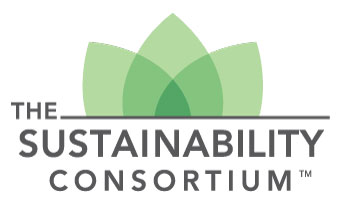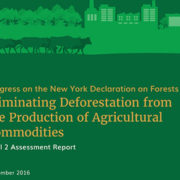Sustainability and the Pittsburgh Hypothesis
By Kevin Dooley on June 28, 2017
News from LinkedIn

Photo credit: Kevin Dooley
On June 1, 2017, Donald Trump announced the U.S. would be withdrawing from the Paris Climate Accord. As explanation, he said, “I was elected to represent the citizens of Pittsburgh, not Paris. I promised I would exit or renegotiate any deal which fails to serve America’s interests.”
Numerous scientists, business people, and political experts have argued that being a part of the Accord is, in fact, in the U.S.’s best interests. I want to step a bit back from this statement though and examine the underlying assumption, or what I call, the Pittsburgh Hypothesis.
I am lucky to be surrounded at Arizona State University and The Sustainability Consortium by so many smart and passionate sustainability leaders and experts. When I have asked them over the years, “Why is the U.S. public so far behind so many other countries in urgency over sustainability?”, the consensus answer is the Pittsburgh Hypothesis.
Pittsburgh Hypothesis: It doesn’t matter if large parts of our global society and landscape change due to future crises, we (the U.S.) don’t have to worry about it because it won’t impact us very much, and we’ll be better off than anyone else anyway.








